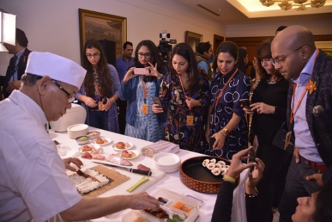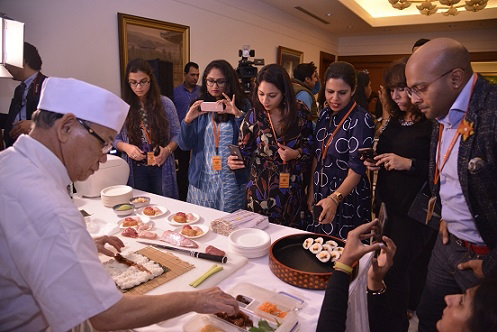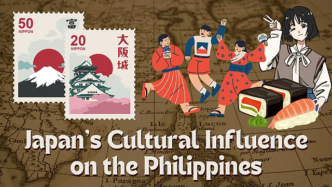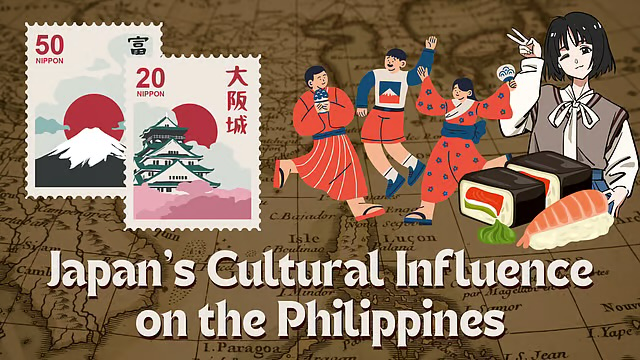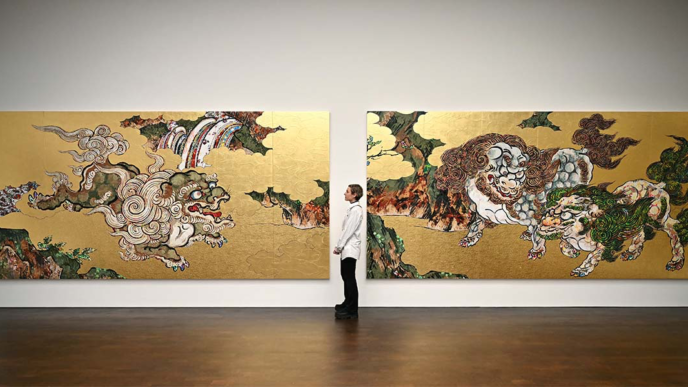Bringing Authentic Japanese Cuisine to India
The Embassy of Japan in India has been actively promoting Washoku (Japanese cuisine) and sake (Japanese rice wine) through a series of food festivals, tasting events, and cultural programs. As Japanese food gains popularity worldwide, India is emerging as a key market where people are increasingly exploring authentic Japanese flavors and ingredients.
What is Washoku? Understanding Japanese Culinary Culture
Washoku is a combination of two Japanese words:
• “Wa” (meaning Japan)
• “Shoku” (meaning food or eating)
Washoku is more than just Japanese cuisine; it represents the traditional dietary culture of Japan. Recognized globally for its nutritional balance, seasonal ingredients, and aesthetic presentation, Washoku was added to UNESCO’s Intangible Cultural Heritage list in December 2013.
Why Washoku is Gaining Popularity in India
• Healthy and Balanced: Japanese food is known for its low-calorie, high-nutrient ingredients.
• Variety of Flavors: From sushi to ramen, Japanese cuisine offers a diverse range of dishes.
• Growing Interest in Global Cuisines: Indian food enthusiasts are exploring international flavors, and Japanese cuisine is becoming a favorite.
What is Sake? Japan’s Traditional Rice Wine
Sake is a traditional Japanese alcoholic beverage made from fermented rice. It has been an integral part of Japanese culture for over 2,000 years and is enjoyed in different ways – chilled, at room temperature, or warm.
Interesting Facts About Sake
• Diverse Flavors: Over 1,500 sake breweries in Japan produce different varieties, ranging from sweet to dry, and even sparkling sake.
• Increasing Global Popularity: Sake exports have surged worldwide, including in India, where people are developing a taste for this unique drink.
• Cultural Significance: Sake is not just a drink but a symbol of celebration in Japan, enjoyed at festivals, weddings, and traditional ceremonies.
Japan’s Efforts to Promote Washoku and Sake in India
To introduce more people in India to Japanese cuisine and sake, the Embassy of Japan in India has hosted several promotional events:
Key Highlights of Japan’s Food Promotion in India
- Japanese Food and Sake Tasting Events
- “An Evening with Sake” (2017, 2018, 2019)
- “An Evening with Japanese Food” (2019, 2020)
- “A Tasting Tour with Japanese Sake and Food” (2021)
- Washoku Awareness Campaigns
- “Washoku Day” Events (2022)
- “Washoku Conclave” Event (2023)
- Japanese Food Festivals
- “Japanese Food Festival – Welcome to Northern Japan” (2023)
- “Japanese Food Festival” (2024)
- Special Events & Collaborations
- Japanese Seafood PR Event in Mumbai (2024)
- “Japanese Cooking Course by Indian and Japanese Chefs” (2024)
These events aim to introduce authentic Japanese flavors to Indian audiences and promote business collaborations between Indian restaurants and Japanese food suppliers.
Japanese Food Supporter Stores in India
To ensure authenticity and quality, the Japanese government certifies international restaurants and retailers that use Japanese ingredients. These are known as “Japanese Food and Ingredient Supporter Stores Overseas”.
- As of February 2020, there were 40 certified Japanese Food Supporters in India.
- These stores help promote safe and delicious Japanese food products globally.
- Certified stores are listed by JETRO (Japan External Trade Organization).
Why Japanese Food is Becoming a Trend in India
1. Increased Demand for Healthy Food
Japanese cuisine is known for its balance of proteins, healthy fats, and fresh ingredients, making it a great option for health-conscious consumers in India.
2. Growth of Japanese Restaurants in India
Top Indian cities like Delhi, Mumbai, and Bengaluru are witnessing a rise in Japanese restaurants, serving everything from sushi and ramen to tempura and yakitori.
3. Rising Popularity of Japanese Ingredients
With more people trying home-cooked Japanese meals, the demand for Japanese ingredients like miso, soy sauce, and seaweed is increasing in India.
Final Thoughts: The Future of Japanese Cuisine in India
With the Embassy of Japan’s active promotions, Washoku and Sake are becoming more accessible and appreciated in India. As more Indian food lovers develop a taste for Japanese cuisine, we can expect greater cultural exchange and business opportunities in the future.
For those looking to explore authentic Japanese flavors, Japan Food Supporter Stores in India and upcoming Japanese food festivals are great places to start. Whether it’s sushi, ramen, sake, or tempura, the journey into Japanese culinary culture is just beginning in India!
Source: https://www.in.emb-japan.go.jp/itpr_en/00_000874.html
